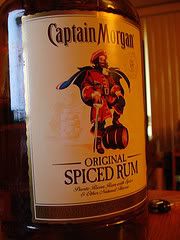I’ve been reading The Nautical Chart, a mystery novel by Arturo Perez-Reverte (translated from the Spanish). It’s difficult to like the main character because he is such a loser. Nonetheless, I really identified with this sentiment:
Coy let himself sail with the ship for a moment, lost in a daydream of a long chase at the first light of dawn, of fleeing sails on the horizon. When there was no such thing as radar or satellites or sonar, ships were little dice cups dancing at the mouth of hell, and the sea was a mortal peril, but also an unassailable refuge from all things-lives lived or yet to be lived, deaths looming or already accomplished, but all of it left behind on land. “We come too late to a world too old,” he had read in some book. Of course we come too late. We come to ships and ports and seas that are too old, when dying dolphins peel away from the bows of ships, and when Conrad has written The shadow-Line twenty times, Long John Silver is a brand of whiskey, and Moby Dick has become the good whale in an animated film.
There’s a reason Gene Roddenbery says space is the final frontier. We’ve run out of them here. There is no hidden city left to discover in the Congo. There are no pirate ships hiding in the mists. GPS and satellite imagery have laid the smack-down on adventure. I think we must turn to other mysteries and frontiers: To mapping the human genome, to sub-atomic particles and cold fusion, to artificial intelligence, and of course, to interstellar travel. There will ALWAYS be a space program somewhere. Even if it never accomplishes anything substantial. The sons of Adam have a calling to understand and dominate their world.
(OK, apparently there isn’t a whiskey named after THAT particular pirate. So we’ll grab a different one instead!)

